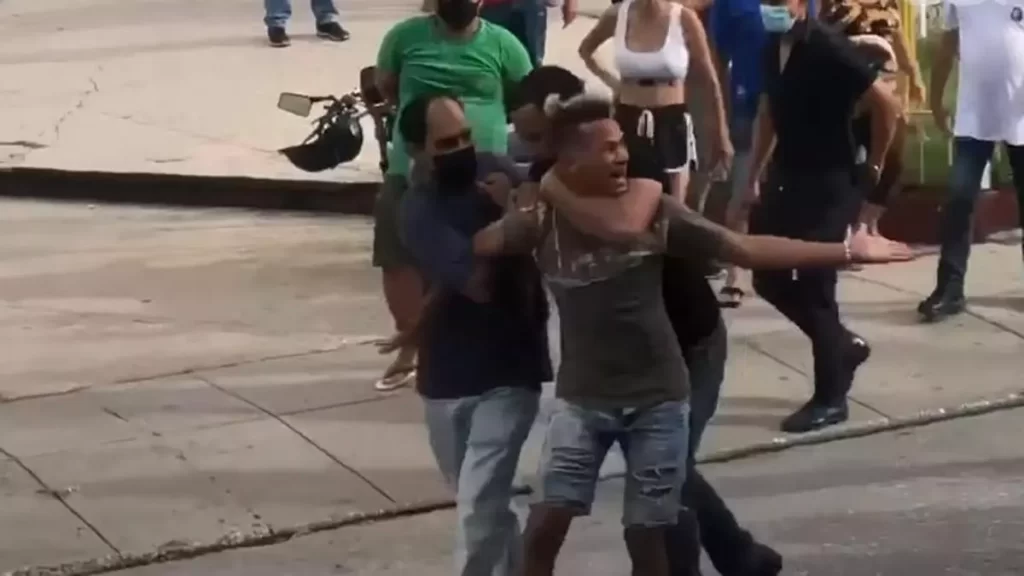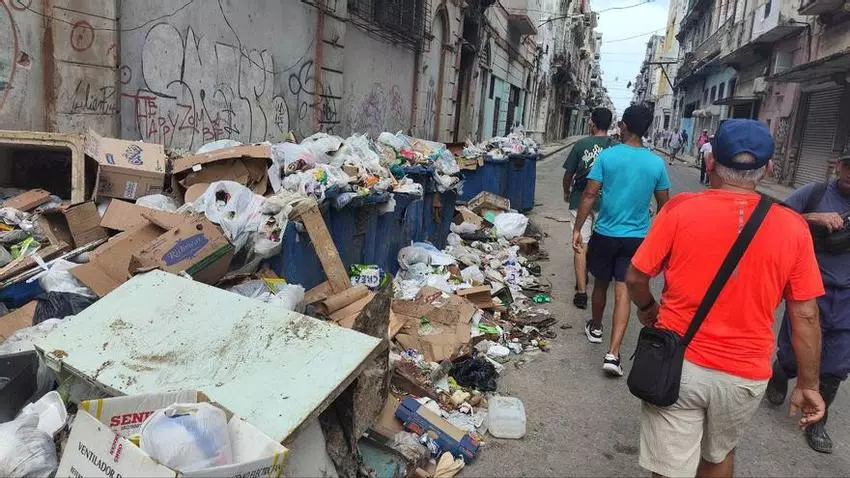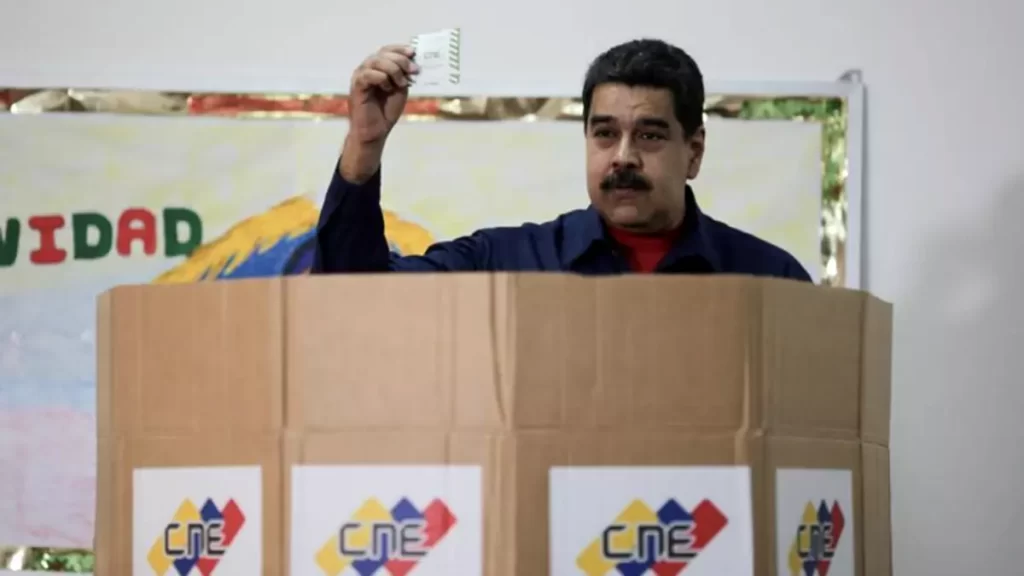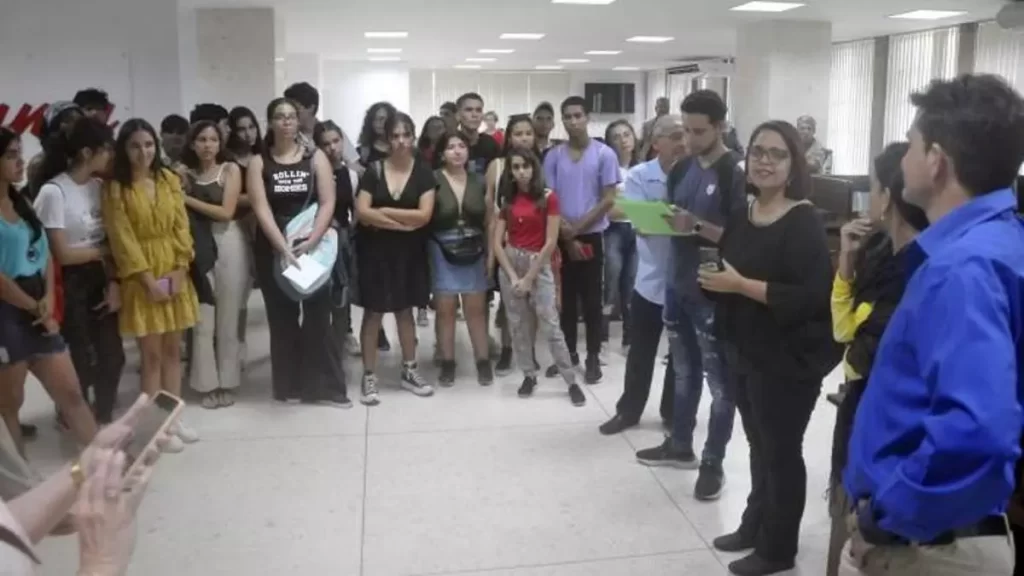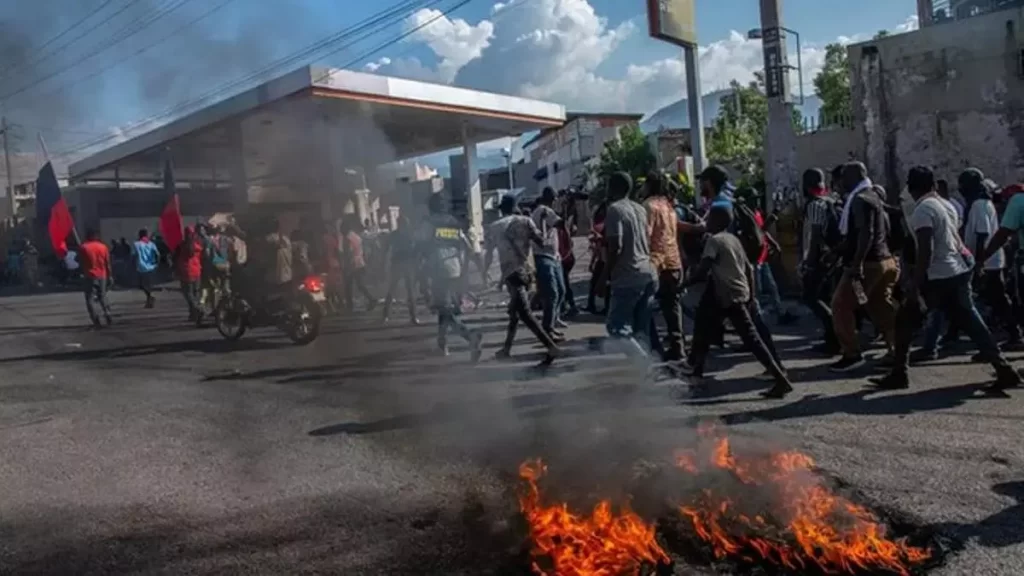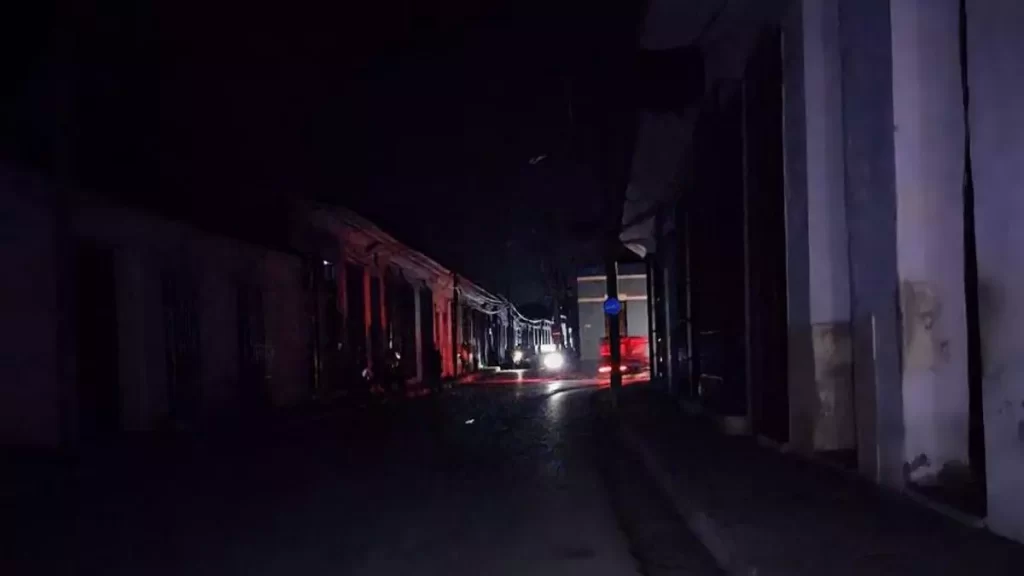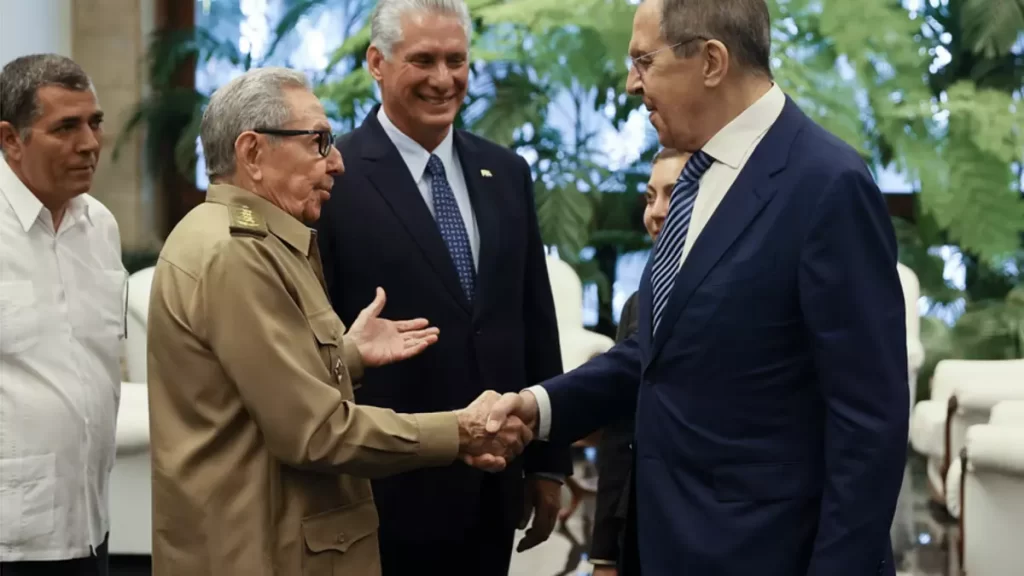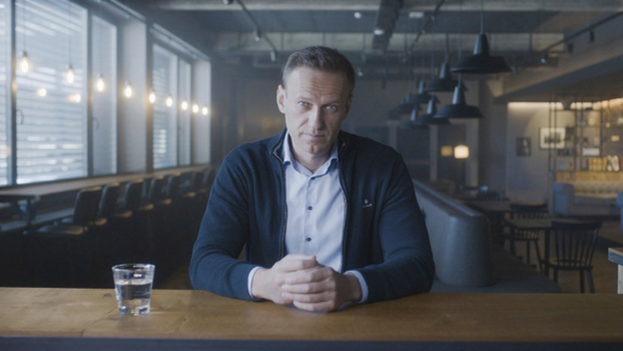By the end of the 21st century, there will be nearly half as many people in Cuba as now.
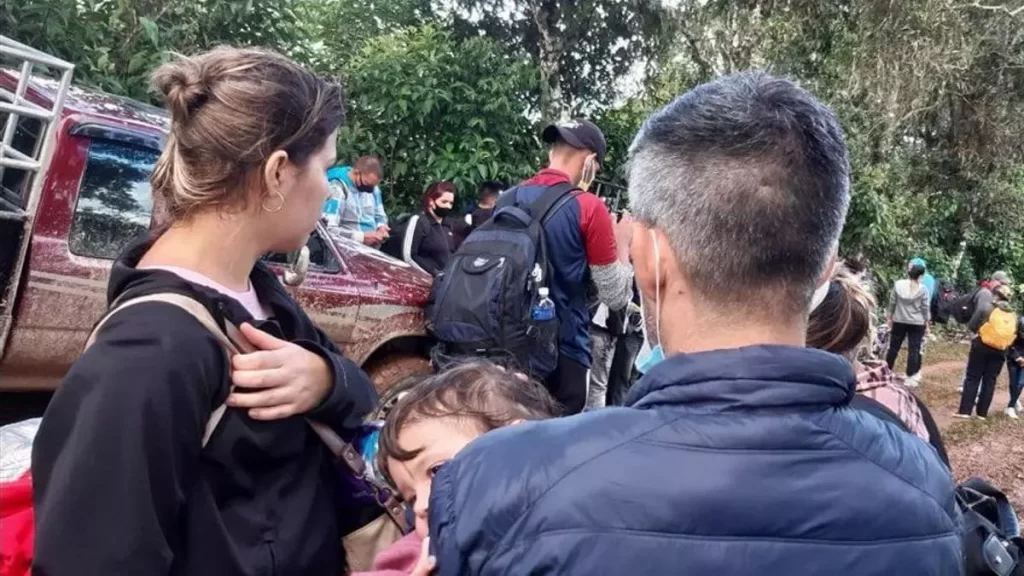
![]() 14ymedio, Yoani Sánchez, Generation Y, Havana, 24 July 2024 — They could not hide it any longer. The almost empty streets on weekends, the classrooms that are running out of students and the packed airport lounges spoke for themselves. Last week the National Assembly had to recognize what we all knew: the resident population on the Island does not exceed 10 million people, a drop of 10.1% compared to the residents in 2020.
14ymedio, Yoani Sánchez, Generation Y, Havana, 24 July 2024 — They could not hide it any longer. The almost empty streets on weekends, the classrooms that are running out of students and the packed airport lounges spoke for themselves. Last week the National Assembly had to recognize what we all knew: the resident population on the Island does not exceed 10 million people, a drop of 10.1% compared to the residents in 2020.
The number could be even more alarming given that many of those who have emigrated in recent months are still considered residents of the country. The age and professional training of those leaving also represents a hard blow to the Island’s aging and professionally devalued labor force. In the main sectors there is a lack of engineers, doctors, teachers and specialists, who cannot be replaced in the short or medium term.
It is ever more common to go to a hospital and find out that the surgeon has emigrated under the Humanitarian Parole Program that the United States implemented since the beginning of last year, or to learn first-hand about the number of vacant positions in the Cuban Electric Union because many of its technicians have become naturalized Spaniards through that country’s Democratic Memory Law. The same situation is repeated in universities, industries, scientific centers and hotels. continue reading
In addition to the exodus, the low birth rate has also been a factor in the population decline, marked in part by the decision of many young couples to wait to leave the island to start a family
In addition to the exodus, the low birth rate has also been a factor in the population decline, marked in part by the decision of many young couples to wait to leave the island to start a family. According to an independent study carried out by the renowned Cuban economist and demographer Juan Carlos Albizu-Campos, made public by the EFE agency, the Cuban population is currently 8.62 million people. This number seems closer to the reality shown by homes and public spaces that are increasingly emptied of the beings that gave them life and meaning.
In the same sessions of Parliament where the demographic decline was reported, the list of disasters, failures and the negative data of the national economy was presented. For those who followed along from home the boring meetings of deputies who do not question any minister and always vote unanimously for any legislation that “comes down” from the top of power, that litany of hardships was translated into that scathing phrase: “we have to leave here and the sooner the better.”
No parliamentarian or official has managed to inspire any semblance of hope that the country will improve in the coming months or years. None of the regulations approved by the Assembly indicate that Cuba will embark on a path of economic and political openness that will help alleviate the crisis and provide its citizens with a more dignified existence. Instead, the top leaders of the Communist Party once again brandished the worn-out rhetoric of the enemy, threatened stricter use of the judicial apparatus, and attacked micro, small and medium-sized enterprises (MSMEs) that have allowed them to be carried away by the law of supply and demand in the prices of the products they sell.
It is not surprising then that in the coming weeks and months the number of emigrants will continue to grow and numerous entrepreneurs will close their businesses
All the signals sent by Parliament were of greater control, of maintaining the socialist state enterprise as the main nucleus of the Cuban economy, and of zero ideological tolerance. It is not surprising then that in the coming weeks and months the number of emigrants will continue to grow and numerous entrepreneurs will close their businesses, pack their bags and leave, taking their talents elsewhere. They cannot convince a population to stay in a country adrift.
By the end of the 21st century, there will be only 5,577,280 Cubans living in the country, almost half as many as now, according to a UN demographic outlook report. The lack of development prospects and the political stubbornness of a few could lead us to that point.
Editor’s note: This article was originally published on DW and is reproduced under license from the author.
____________
COLLABORATE WITH OUR WORK: The 14ymedio team is committed to practicing serious journalism that reflects Cuba’s reality in all its depth. Thank you for joining us on this long journey. We invite you to continue supporting us by becoming a member of 14ymedio now. Together we can continue transforming journalism in Cuba.

